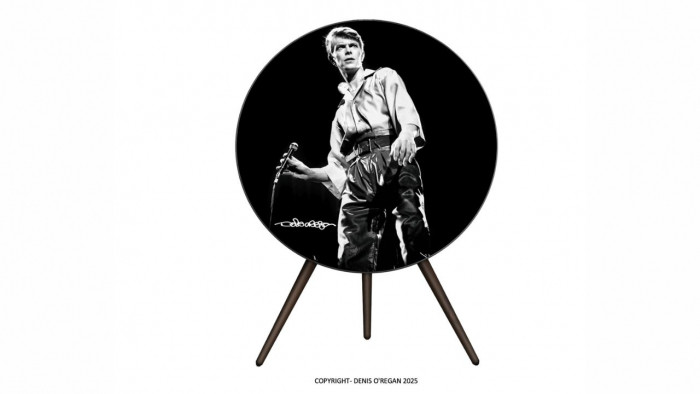This is what Facebook is planning on doing with your 'Reactions'
We're not sure if we 'Like' it or not.


Facebook wants to know more about you.
It doesn't want to limit itself to knowing what you 'Like' - it wants to know what you love, what makes you laugh, angry or sad. And it wants to change your digital world with that information, tailoring your Facebook feed according to how you react. Which is worrying.
At present, Facebook's News Feed algorithm - the clever code that filters through thousands of posts to present you with content it believes will matter the most to you - is treating Reactions as though they're 'Likes'.
"In the beginning, it won’t matter if someone likes, 'wows' or 'sads' a post - we will initially use any Reaction similar to a Like to infer that you want to see more of that type of content," writes product manager Sammi Krug in a recent blog post. "Over time we hope to learn how the different Reactions should be weighted differently by News Feed to do a better job of showing everyone the stories they most want to see."
But this is where things could soon get a bit shady.
Say you're posting something that is important, but will likely generate a 'negative' reaction: sad news about a death, or a news event that has made you angry. You want to share it with others you believe will empathise with you. Most Facebook users will click 'Sad' or 'Angry' to resonate with your own emotional state. However, these aren't reactions users would usually want to see more of, so that important bit of information you wanted to share will likely get buried by Facebook's algorithm, because it would assume it's not something people will enjoy.
A political opinion that might challenge your own world view? You probably won't see it. The passing of a friend's relative you should probably be aware of? It'll pass you by.
It could also start affecting the way media and content groups attempt to share their stories. Krug explains, "We see this as an opportunity for businesses and publishers to better understand how people are responding to their content on Facebook... Reactions will have the same impact on ad delivery as likes."
It's totally possible that the News Feed algorithm will start filtering out any news stories or media releases that don't generate a 'positive' response, resulting in news groups having to find a 'Haha' or 'Love' spin for an important story. Advertisers will gain insights into how people react to their ads, sliding in between similar posts that generate a similar emotional response.
Facebook wants to know more about you, so that you spend more time on Facebook, in an environment you enjoy. With its business model of highly curated adverts, that will mean seeing ads similar to the content you 'React' to. Facebook may gradually start to become a feed of 'Like', 'Love' and 'Haha', as the important-but-negative content gets kicked to the curb.
We're not sure if we 'Like' that or not.








